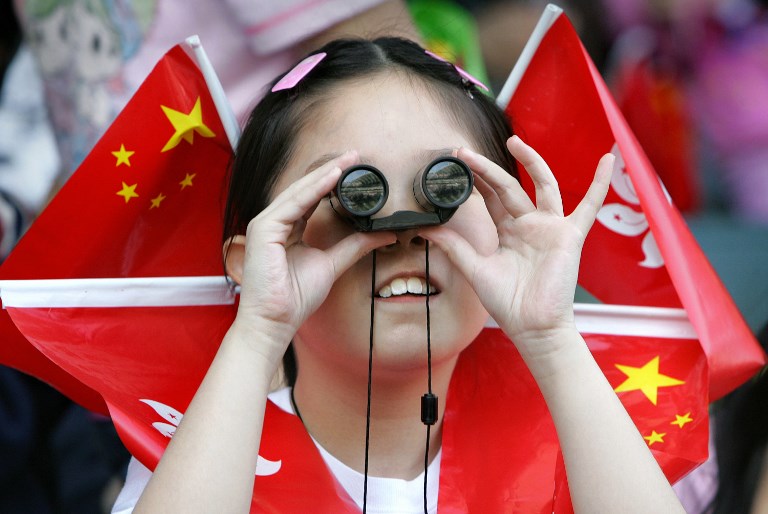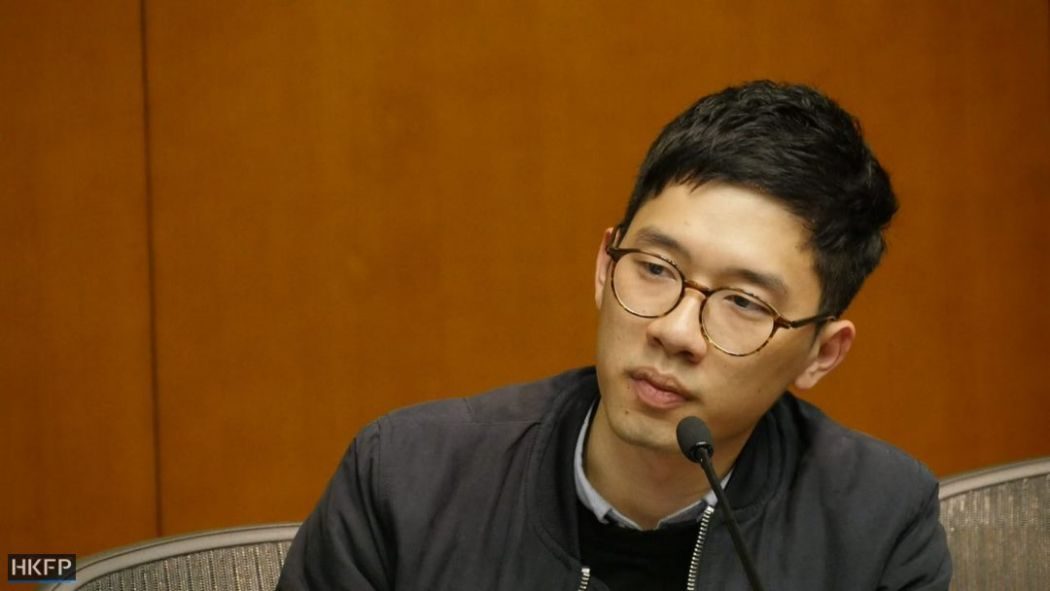China’s no.3 official Zhang Dejiang has ignited an uproar after announcing Beijing’s plans to tighten its grip on Hong Kong across a wide range of areas, such as giving orders to the chief executive and “supervising” civil servants in terms of their allegiance to China.
“If the central government doesn’t uphold the One Country, Two Systems policy and keep its promise of a high degree of autonomy for Hongkongers, if it wants to interfere in Hong Kong more and more, Hong Kong will become a completely different place,” Democratic Party leader Wu Chi-wai warned on Saturday.

Tightening grip
The remarks came after Zhang said there is a need to invoke Beijing’s power in the Basic Law, such as giving directives to the chief executive, reviewing local laws, deciding the pace of Hong Kong’s political reform, and appointing principal officials.
“We must formulate and elaborate on the relevant rules to fully implement the systems and mechanisms provided by the Basic Law,” the state leader said Saturday during a speech at Beijing’s Great Hall on Hong Kong’s handover.
He said the Hong Kong-China relationship is one of power delegation, not decentralisation. He said Beijing will not allow for any form of resistance against it “in the name of a high degree of autonomy.”
Zhang also said that Beijing has a duty to “supervise” Hong Kong civil servants in terms of their allegiance to the Basic Law and China.
“Whether public officers grasp the Basic Law must become a critical criterion when appointing and evaluating them. We must improve the governing team’s understanding of the country, the big picture and the rule of law,” he said.

He added that separation of powers does not exist in Hong Kong: “Its governance is administrative-led, with the chief executive being the core of the governance.”
‘Ugly and greedy’
Zhang’s speech drew heavy criticism from pro-democracy figures, who considered it an indication that Beijing plans to play a more aggressive role in controlling Hong Kong.
“I can summarise Zhang’s speech in three sentences: Separation of powers is a misunderstanding. A high degree of autonomy is our wishful thinking. The One Country, Two Systems policy is a scam,” lawmaker Ray Chan said. “But why should we listen to Zhang?”
“Administrative-led government is just a term to cover up Beijing’s desire to centralise its power,” lawmaker Nathan Law said. “The Chinese Communist Party will always maintain its ugly and greedy side. At this rate, the One Country, Two Systems policy will only continue to be distorted.”
“Who is the real chief executive from July 1 onwards? Who is the real ruler?” asked lawmaker Alvin Yeung. Chief Executive-elect Carrie Lam will take office on July 1, which coincides with the 20th anniversary of the transfer of sovereignty over Hong Kong.

Meanwhile, lawmaker Tanya Chan expressed concern over the reference to public officers.
“I hope people who are incompetent will not be chosen for senior government posts just because they are patriotic,” she said. “Carrie Lam must understand that administrative-led governance is not the same as Beijing-led.”
Some of the powers Zhang mentioned may be found in the Basic Law. For example, Article 48 stipulates that the chief executive has a duty to “implement the directives issued by the Central People’s Government.”
In March, Chinese scholar Tian Feilong suggested that Beijing could rely on Article 48 to give instructions to the chief executive. He said this will also lower the need for Beijing to interpret the Basic Law, which has stirred controversy in the past.
But Hong Kong barrister Martin Lee, who took part in drafting the Basic Law, said Tian erred in relying on a single provision. He said the Basic Law should be read as a whole, thereby taking into account provisions that state that Beijing is only allowed to interfere in areas such as defence and foreign affairs.
